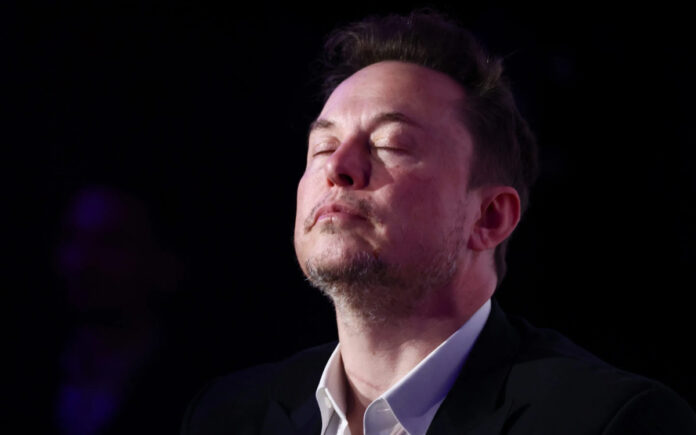Wilmington, Delaware: A Delaware judge has once again ruled against Tesla CEO Elon Musk’s contentious $56 billion compensation package. Chancellor Kathaleen McCormick of the Delaware Court of Chancery reaffirmed her January decision that rescinded the pay plan, deeming it excessive. This ruling, delivered Monday, upheld McCormick’s earlier findings, surprising investors and adding uncertainty to Musk’s future at Tesla, the world’s most valuable carmaker.
Tesla shareholders voted in June to reinstate the package, but McCormick found the move insufficient to override her prior judgment. Tesla responded via its official account on X, calling the decision “wrong” and confirming plans to appeal. The company emphasized that McCormick’s ruling overruled a supermajority of shareholders who had supported the reinstatement.
Musk and Tesla are expected to appeal the ruling to the Delaware Supreme Court as soon as a final order is issued, possibly within the week. The appeals process could extend for up to a year.
Judge’s Key Findings
McCormick’s 101-page opinion criticized Tesla’s attempts to “reset” the compensation plan through a shareholder vote conducted after the trial. She stated, “Were the court to condone the practice of allowing defeated parties to create new facts for the purpose of revising judgments, lawsuits would become interminable.”
The judge also highlighted material misstatements in Tesla’s proxy statement regarding the shareholder vote. She ruled that the vote could not retroactively validate a compensation package for Musk, whom she described as a “conflicted controller” during negotiations.
Tesla’s board argued that Musk’s compensation was justified, given his critical role in the company’s success and innovations. However, McCormick’s ruling emphasized that procedural missteps and misleading information invalidated these claims.
Market Reaction and Stakeholder Responses
Following the announcement, Tesla’s shares dropped 1.4% in after-hours trading. Gary Black, managing partner of The Future Fund and a Tesla shareholder, speculated on X that the Delaware Supreme Court might take a more pragmatic approach and overturn the ruling.
The compensation package, initially valued at $56 billion, is now worth approximately $101 billion due to Tesla’s soaring stock price. The plan awarded Musk stock options contingent upon meeting ambitious performance and valuation milestones.
Political Undertones
The ruling comes as Musk takes on a new, informal role under U.S. President Donald Trump, tasked with leading efforts to streamline government efficiency. Musk’s advisory position allows him to retain his leadership roles at Tesla, SpaceX, and other ventures. Musk played an active role in Trump’s election campaign and is seen as a close advisor to the administration.
Legal Fees and Broader Implications
McCormick ordered Tesla to pay $345 million in legal fees to the plaintiff’s attorneys, a fraction of the $6 billion initially sought but still among the largest awards in securities litigation history.
“We are pleased with Chancellor McCormick’s ruling,” stated Bernstein Litowitz Berger & Grossmann, one of the plaintiff’s law firms. They added that they are prepared to defend the decision if Musk and Tesla pursue an appeal.
Thousands of Tesla shareholders voiced their opposition to McCormick’s decision in letters to the court, warning it could drive Musk to prioritize other ventures over Tesla.
Also Read | White House Justifies Hunter Biden Pardon as Critics Weigh In
Social Media Backlash
The ruling sparked significant backlash from Musk’s supporters. Omar Qazi, a prominent Tesla advocate on X, criticized the decision, stating, “The voice of shareholders is being overruled.” Many investors expressed hope that the appeals court would consider the shareholder vote in its deliberations.
Historical Context
The rescinded pay package, described by McCormick as “the biggest compensation plan ever—an unfathomable sum,” was 33 times larger than Musk’s previous 2012 plan. It awarded Musk stock grants equal to 1% of Tesla’s equity for each of 12 operational and financial milestones achieved.
Also Read | Ukraine’s Push for NATO Membership Hits a Diplomatic Roadblock
Critics, including plaintiff Richard Tornetta, argued that shareholders were not fully informed of how easily Musk could meet the goals when they approved the plan.
Musk previously criticized the January ruling and suggested that companies reincorporate in Texas to avoid Delaware’s corporate governance laws, though there’s little evidence this call gained traction.



